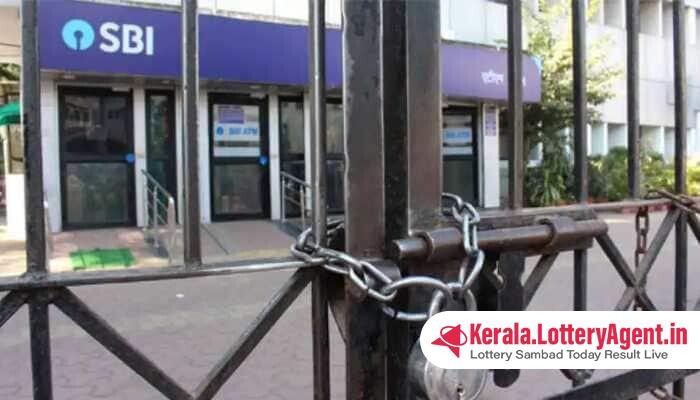
The bustling streets of India are brimming with the fervor of democracy as the country prepares to step into the first phase of the Lok Sabha Election 2024, slated for April 19. This electoral wave brings a cascade of bank holidays in its wake, following the guidelines outlined by the Reserve Bank of India’s holiday calendar.
In the anticipation of the democratic proceedings, the RBI has announced a holiday schedule that encompasses multiple states, emphasizing that there will be no banking operations in the regions earmarked for the first phase of polling. The stillness of bank branches will be observed in Arunachal Pradesh for its Legislative Assembly Election, the bye-election in Tamil Nadu’s Vilavancode Constituency of Kanniyakumari District, and in specific other areas exercising their electoral rights.
On this significant date, voters from Arunachal Pradesh will cast their ballots for two seats, with Assam aiming for five, Bihar for four, Chhattisgarh, Madhya Pradesh aiming for six each, and Maharashtra looking to secure five. Additionally, the electoral ring will witness Manipur for two seats, Meghalaya for two, Mizoram for one, Nagaland for one, Rajasthan for a mighty twelve, and Sikkim for one. Tamil Nadu has a hefty thirty-nine seats up for grabs, while Tripura, Uttar Pradesh, and Uttarakhand are voting for one, eight, and five seats respectively. The fray also includes three seats from West Bengal, and one each from the territories of Andaman and Nicobar, Jammu and Kashmir, Lakshadweep, and Puducherry.
Spanning from April 19 to June 1, the general elections’ colossal exercise will unfold in seven phases to select the honored 543 members who will comprise the 18th Lok Sabha. With the nation’s breath held in anticipation, the final tally of votes will be disclosed on June 4.
A subsequent interruption in the banking services is scheduled for April 26, coinciding with another phase of the Lok Sabha General Elections. Earlier, on April 20, an observance of the Garia Puja will also ensure a brief pause in banking activities as per the RBI list.
The RBI’s calendar categorizes the holidays under three distinct branches: the Holiday under Negotiable Instruments Act; the Holiday under Negotiable Instruments Act and Real Time Gross Settlement Holiday; and the Banks’ Closing of Accounts. A crucial point to note is the diverse observance of these holidays across the various states of India, signifying that not all banking institutions may participate in the recess. Holidays in the banking sector might also coincide with region-specific festivals or correlate with special events as indicated by local announcements.
This implies that while some states may witness a halt in banking operations, others may continue unaffected, based on localized festive occurrences or unique state holidays. The extent to which a bank participates in the holiday is subject to the company’s policy and the state’s customs.
As the electoral tides sweep the nation, the RBI’s structure ensures that the festive spirit and the sanctity of the electoral process are upheld without disrupting the functional harmony of the financial system. It further reflects the Reserve Bank’s meticulous planning in balancing economic activity with the cultural and democratic milestones of the country.
In the midst of the electoral hustle, the RBI’s announcement serves as a reminder for citizens and businesses to plan their banking needs accordingly. As the world’s largest democracy gears up to decide its future, bank doors will close, paving the way for the ballet to unfold, where each vote will script the destiny of the nation.












